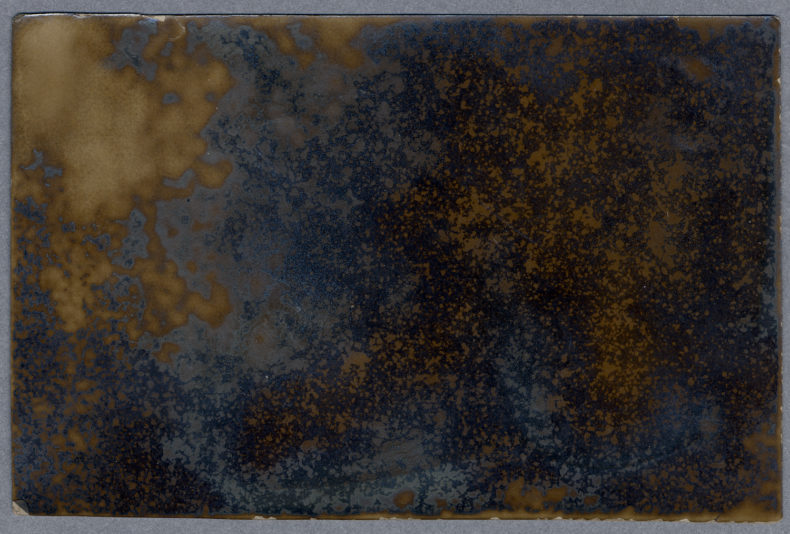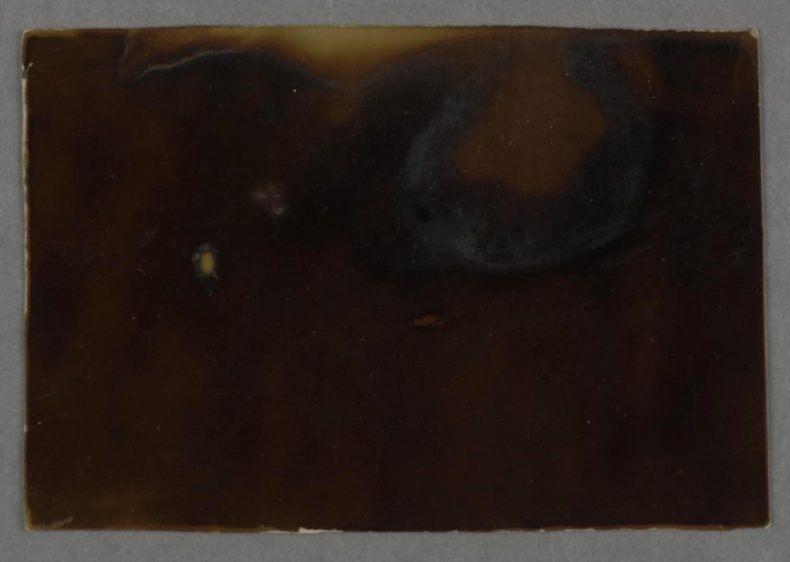Science Writers on Twitter: Comforted By the Dying Universe


This was first published October 21, 2019 but the universe hasn’t changed much in the years since. I mean, a few stars may have come and gone but on the whole, the universe is too big to change that fast. But we, at least we in the US, we’ve changed though. We seem to have lost our good nature, we are in a frenzy of dire and bad thoughts: about political disaster, the apparent decline in national rationality, godawful heat and floods and storms and fire, and honestly every morning I have to haul myself out of the deepest despair over our decay and dissolution. This post is an unexpected antidote: everything, even the stars and galaxies and entire universe, is dying sooner or later and you don’t have to be a science writer to find that oddly comforting.
@nattyover: I turn for comfort to “A Dying Universe: The Long Term Fate and Evolution of Astrophysical Objects” https://arxiv.org/pdf/astro-ph/9701131.pdf
@nattyover is Natalie Wolchover, science writer and editor at Quanta. “A Dying Universe” is a paper I love and have loved for years. The paper’s abstract: “We consider,” it says, how planets, stars, galaxies, and the whole universe will change “over time scales which greatly exceed the current age of the universe.” That is, take the present planets, stars, galaxies, and universe and fast-forward them into the far future, farther into the future than the Big Bang was in the past, in fact, all the way to the end. It doesn’t end well. The paper starts small, though, with stars.
@shannonmstirone Replying to @nattyover: Today is one of those days when I’m comforted by knowing that one day our sun will die and our galaxy will merge with Andromeda and there’s no escaping, this is all temporary.
@shannonmstirone is Shannon Stirone, and she is also a science writer. The sun — after it blows up like a balloon and fries the earth along with most of the solar system — will shrink back down into a barely shining cinder. Our galaxy and its nearest neighbor, the Andromeda galaxy, are going to collide and merge and become an entirely different galaxy. Our cosmic identities are temporary, change is inescapable.
@nattyover: Nothing more soothing than the thought of a neutron star sublimating
I read this and had to go look it up, and oh my goodness. Sublimation is when a solid goes straight to gas, no liquid melting in between; dry ice is solid carbon dioxide sublimating. Neutron stars are a stage in the deaths of stars much bigger than ours, so big they don’t shrink down to cinders but keep shrinking until their atoms are all jammed into nuclei, no atoms any more, just mostly neutrons, a billion tons in a teaspoon of degenerate solid neutron star. And then their neutrons decay, as neutrons do, into other particles, which decay farther until the stars have evaporated. They’ve sublimed.
@AnnFinkbeiner: Or the galaxies turning redder and redder until they finally blonk out.
Stars live by burning gas and when the gas runs out, stars turn red; so when galaxies full of stars also run out of gas, they also turn red. Eventually all the gas in the universe has been used up as fuel and has pretty much dissipated, and no stars ever form again, neither do galaxies. What’s left is the black holes that had been at the centers of galaxies, and finally, via Hawking radiation, even the black holes evaporate.
@AnnFinkbeiner: Or the heat death of the universe.
Meanwhile, the universe which has always been expanding, keeps on expanding. In the end the warm, moving, shining universe is cold and still and dark.
@shannonmstirone: Deep-death-time makes me happy.

Twitter Web App: Dear People of Twitter, a question if I may: in these trying times when you consider the inevitable dissolution of stars and galaxies and the final heat death of the universe. . .
Twitter Web App: 111 votes · Final results
Twitter Web App: . . . are you comforted? 71%
Twitter Web App: . . . or in existential terror? 29%
So. @nattyover and @shannonmstirone aren’t alone. Only 30% of my science-y Twitter finds the death of the universe to be terrifying and somehow, for some reason, 70% find it comforting.
@shannonmstirone: It throws me into existential comfort, most of the time. Sometimes the shortness of everything makes me feel like my actions are useless but most of the time I think it gives life greater meaning. Ending make things beautiful, so I’m going with—comfort.
@nattyover : But what is comforting about endings? Surely it’s the sense that we have a limited time to improve the lot of our family/species/planet/universe. The comfort-chain continues until that last one ends. So why is the heat death of the universe still comforting?
@AnnFinkbeiner: Maybe it’s partly the aesthetic and intellectual beauty of the idea.
@nattyover : Yes, maybe. Plus maybe there’s a multiverse

The multiverse is the idea that the universe is only one of a whole foam of universes; it is backed by math and physics but not by any evidence whatever. It does not sound reasonable. I wouldn’t know what to do with all those universes; I quote Princeton’s great cosmological theorist, Jim Peebles: “One shot is enough for me.”
@shannonmstirone: I’m ok with it ending because it’s the natural course. I think it’s beautiful that this is temporary. That we exist and maybe others exist and these wonders pop into existence and fade. We all have a time and then it’s over.
I never voted in this poll and in fact, have few feelings about the death of the universe. I probably lean toward “comfort:” I’ve written books about HIV infection and parental bereavement, and returning to cosmology stories is always a blessed relief. Cosmology doesn’t hurt, it doesn’t even matter. Projecting human history into its farthest possible future, cosmology will never matter.
@AnnFinkbeiner: I think the comfort comes not only the beauty of the ideas but also from their gentleness — coming apart, fading, reddening, sublimating. The universe is full of violence, but these deaths are so peaceful.
@shannonmstirone: Exactly. I love the thought of everything quietly spreading apart over time. Fires cooling and going dormant. It’s maybe the saddest most final ending, but what a lovely way to go-to end with a flicker after all the violence that started everything. It’s built-in poetry.
@nattyover: I don’t know y’all, these are all very nice sentences that are making me wonder if the allure is entirely literary.
Oh you hard-eyed @nattyover, I love you.
@shannonmstirone: Thinking of starting my own public television show that is only 2 minutes long and it’ll just be a list of all the ways things die in space.
Thinking of how to fund @shannonmstirone’s TV series, How Things Die in Space.
__________
Should you want cosmological information on this subject that’s reliable and comprehensible, another science writer, Katie Mack, who was originally part of this Twitter conversation, has a book called The End of Everything.
__________
Photos via the amazing Public Domain Review: by the playwright, August Strindberg (Miss Julie). Strindberg laid out light-sensitive photographic plates on the ground to see what they’d record of the night sky. Turns out, what he recorded was not stars but the dust and various molecules in the atmosphere, interacting with the chemicals on the plates. Not stars but dust: there’s a lesson in here somewhere.
https://www.lastwordonnothing.com/2024/07/08/science-writers-on-twitter-comforted-by-the-dying-universe/
